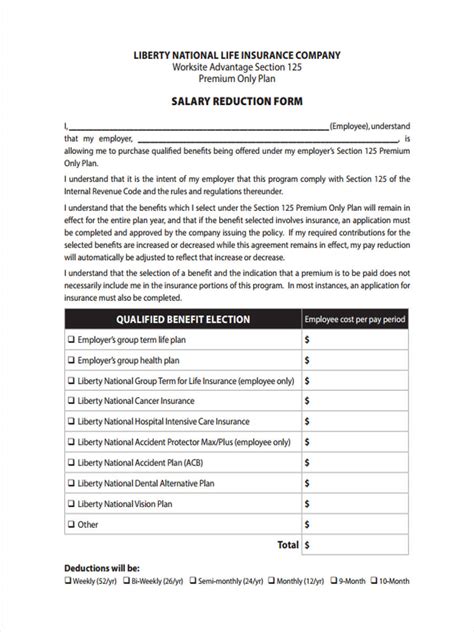Legal Aspects Of Salary Reduction: What You Should Know

Salary reduction is a term that refers to a reduction in pay, usually as a result of an employer’s decision to cut back on costs. While it may seem like a straightforward concept, there are several legal aspects of salary reduction that you should be aware of. In this article, we will discuss these legal aspects and provide you with all the information you need to know.
Understanding Salary Reduction
Before we dive into the legal aspects of salary reduction, it’s important to understand what it is and why employers may choose to implement it. Salary reduction is when an employer reduces an employee’s pay, either temporarily or permanently. This can be due to a variety of reasons, including a decrease in business revenue, a change in the company’s financial situation, or as a cost-cutting measure.
Types of Salary Reduction
There are two main types of salary reduction:
- Temporary salary reduction: This is when an employer reduces an employee’s pay for a specific period of time, such as during a financial crisis or slow business season.
- Permanent salary reduction: This is when an employer reduces an employee’s pay permanently, usually as a result of a change in job responsibilities or performance issues.
Legal Aspects of Salary Reduction
While employers have the right to reduce an employee’s pay, there are legal aspects that they must consider. Here are some of the most important legal aspects of salary reduction:
Employment Contract
If you have an employment contract with your employer, it may include terms regarding your pay and any potential salary reductions. Employers must follow the terms of the employment contract, so it’s important to review your contract carefully to understand your rights.
Minimum Wage Laws
Employers must comply with minimum wage laws, which vary by state and country. If an employer reduces an employee’s pay below the minimum wage, they could face legal consequences.
Discrimination Laws
Employers cannot reduce an employee’s pay based on their race, gender, age, or other protected characteristics. Doing so would be considered discrimination and could result in legal action.
Collective Bargaining Agreements
If you are part of a union, your pay and any potential salary reductions may be governed by a collective bargaining agreement. Employers must follow the terms of the agreement, so it’s important to review it carefully.
Notice Requirements
In some cases, employers may be required to provide employees with notice before implementing a salary reduction. This can vary by state and country, so it’s important to check your local laws.
Conclusion
Salary reduction can be a difficult and stressful experience for employees, but it’s important to understand the legal aspects to protect your rights. By knowing the legal considerations, you can make informed decisions and take appropriate action if necessary.
Frequently Asked Questions
Can my employer reduce my pay without notice?
In some cases, employers may be required to provide notice before implementing a salary reduction. This can vary by state and country, so it’s important to check your local laws.
Can my employer reduce my pay below the minimum wage?
Employers must comply with minimum wage laws, which vary by state and country. If an employer reduces an employee’s pay below the minimum wage, they could face legal consequences.
Can my employer reduce my pay based on my gender or race?
No, employers cannot reduce an employee’s pay based on their race, gender, age, or other protected characteristics. Doing so would be considered discrimination and could result in legal action.
Can my employer reduce my pay permanently?
Yes, employers can reduce an employee’s pay permanently, usually as a result of a change in job responsibilities or performance issues.
